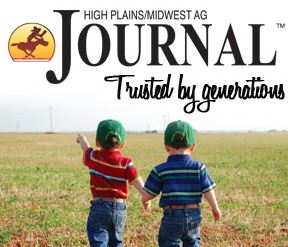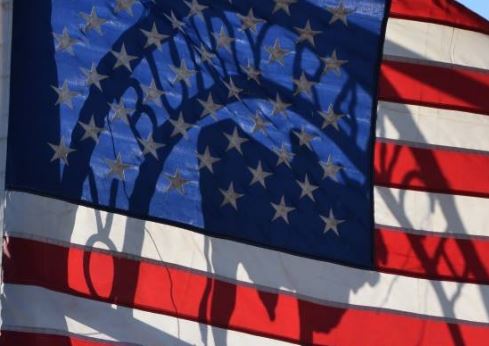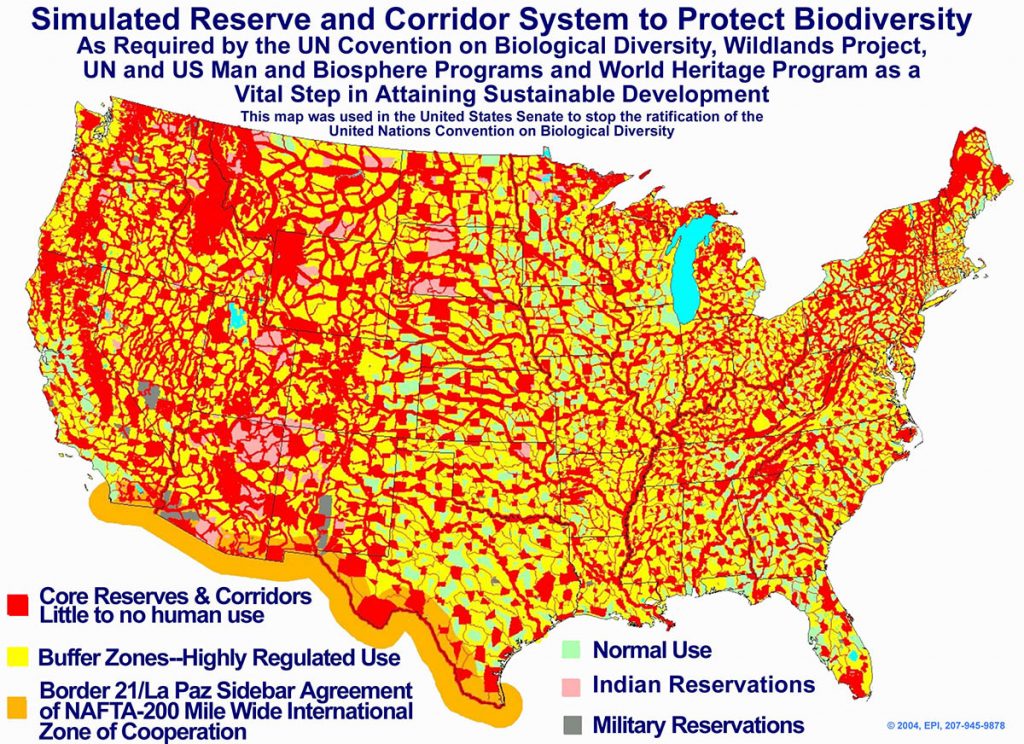SALT LAKE CITY — Minutes after a federal jury found Phil Ly man guilty of illegally riding an ATV in a closed southern Utah canyon as a protest against the Bureau of Land Management, the San Juan County commissioner said he would do it again.
man guilty of illegally riding an ATV in a closed southern Utah canyon as a protest against the Bureau of Land Management, the San Juan County commissioner said he would do it again.
“We have a right of way, and I think that was shown. The protest was called off in the canyon. It stayed on the right of way. Somehow because of the media, because of all the hype that was on it, it was blown into something that it simply was not,” he said outside U.S. District Court late Friday.
A nine-man, three-woman jury didn’t see it that way after three days of testimony, convicting Lyman and Monte Wells of conspiring to operate off-road vehicles on public lands closed to off-road vehicles, and operation of off-road vehicles on public lands closed to off-road vehicles.
The jury acquitted two other men charged in the case, Shane Marian and Franklin Holliday.
Acting U.S. Attorney for Utah Carlie Christensen said prosecutors were pleased with the verdicts for Lyman and Wells but surprised and disappointed with the results for Marian and Holliday.
Lyman and Wells are scheduled to be sentenced in July. Both charges are misdemeanors punishable by up to one year in prison and a $100,000 fine.
The government also could seek possibly hundreds of thousands of dollars in restitution for any archaeological resources damaged in the May 10, 2104, ATV ride in Recapture Canyon near Blanding.
BLM spokesman Tom Gorey said the verdict underscores the importance of protecting irreplaceable treasures.
“These ancient dwellings and artifacts are essential for understanding the story of the earliest inhabitants of the American Southwest,” he said.
The protest was called off in the canyon. It stayed on the right of way. Somehow because of the media, because of all the hype that was on it, it was blown into something that it simply was not.
Prosecutors said Lyman organized a rally and protest ride, which drew about 50 people on off-road vehicles, to express displeasure with the BLM.
“They knew what they were doing was wrong. They did it anyway,” assistant U.S. attorney Jared Bennett told jury.
The BLM temporarily closed sections of the 37-mile-long canyon to motorized vehicles in 2007 over concerns of damage to ancestral Puebloan ruins. Many locals objected, asserting the closure was arbitrary and unnecessary, and thwarted a mandated federal review process.
Lyman’s attorney, Jared Stubbs, said the closure frustrated area residents who had visited the canyon their entire lives, but they agreed to work with the BLM to do what was needed to reopen it. But year after year, he said, the BLM wouldn’t reopen the trail.
“There was no attempt to break the law,” Lyman said after the four-day trial. “The whole appeal at the end was to stay on the county road.”
Lyman called the verdict a “shout out” to county officials that they don’t have jurisdiction in their counties.
“It is a federal jurisdiction state or territory. I don’t know if you can call it a state,” he said, adding he was disappointed the state get involved in the jurisdiction issues. County commissioners who work on behalf of their constituents are in “grave jeopardy of something like this,” he said.
Lyman said the BLM created a “crime out of a non-crime.”
Bennett said Lyman knew the protest ride was illegal from the time it was first discussed at a February 2014 town hall meeting. He said riders “crossed the line” literally and figuratively when they rode on the closed trail.
Bennett cited emails from Lyman to then BLM state director Juan Palma asking for his help to turn the illegal ride into a legal one. He said Palma told Lyman he would not authorize ATVs in the canyon and that the BLM would seek criminal and civil penalties if violated the closure order, Bennett said.
“If he wasn’t going to get the point by then, he wasn’t going to get it. It was illegal and he knew it,” Bennett said of Lyman during closing arguments.
Stubbs said Lyman had permission from Palma during a phone call from Palma and also from the San Juan Water Conservancy District, which has a right of way on the trail to maintain an irrigation pipeline.
Based on those conversations, it was reasonable for Lyman to believe he could be on the trail legally, Stubbs told the jury in his closing statement.
Bennett said the water district’s easement applies only to operation and maintenance of the pipeline, and the ATV riders were doing neither.
“They were protesting,” he said.
Bennett argued that Lyman designated himself the “ringleader” and conspired with the other men through public meetings, Facebook and news stories to publicize the protest ride and urge others to join.
Defense attorneys said Lyman’s emails and discussions with Palma were in his role as county commissioner on behalf of his constituents who were at odds with the BLM.
“There’s no conspiracy in leadership,” Stubbs said.
Nathan Crane, who represents Wells, said the protest ride was not a secret to the BLM or anyone in San Juan County.
“Normally, when you’re conspiring to break the law, you don’t tell the feds,” he said.
Attorneys for Holliday and Marian argued that there was no evidence showing their clients were aware of any of the talks Lyman had with the BLM. The two men simply showed up to a rally and followed an elected official on the protest ride, they said.




Another fine example of a Government ignoring the public that they are supposed to serve.
The BLM and other such agencies could eliminate of lot of this trouble by simply granting local area folks the right to ride in their own regions. Call it a local exemption.
But I am sure they wont as they seem to be much more interested in compliance than working out a solution.
Sorta like the Borg from the Star Trek shows.
Resistance is Futile.
TJ
TJ